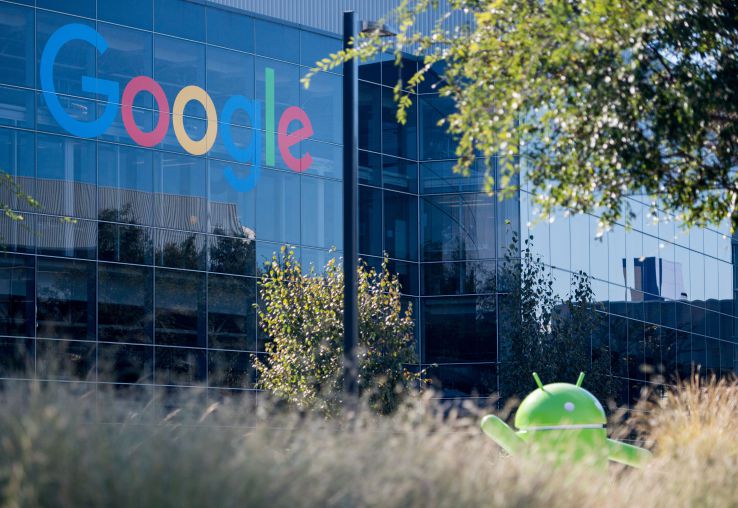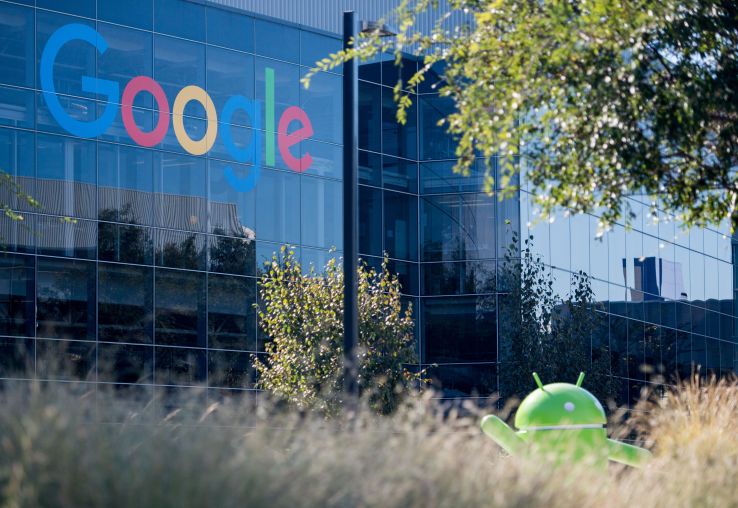

Google dropped a single National Security Letter into its most recent transparency report without much fanfare, but today the company published eight more NSLs in an attempt to shed more light on government surveillance of Google users.
The eight letters published today were sent to Google from FBI offices across the country. Cumulatively, the NSLs seek broad access to content for around 20 user accounts. The usernames of the targets are redacted, although the FBI does not require it. A Google spokesperson said the usernames were redacted to protect user privacy and that the targeted individuals had been notified.
The NSLs were sent to Google over a five-year period, from 2010 to 2015, with the majority coming from the Charlotte, North Carolina field office of the FBI. Others came from Florida, Arizona, New York and California.
NSLs have historically been issued with interminable gag orders preventing tech companies from discussing the letters or their contents, but the passage of the USA Freedom Act last year allowed companies to begin disclosing the letters. Yahoo became the first major tech company to disclose NSLs it received from the FBI, publishing three in June. Since then, Google and the Internet Archive have followed suit.
“In our continued effort to increase transparency around government demands for user data, today we begin to make available to the public the National Security Letters (NSLs) we have received where, either through litigation or legislation, we have been freed of nondisclosure obligations,” Richard Salgado, Google’s director of law enforcement and information security, wrote in a blog post.
Featured Image: JOSH EDELSON/Getty Images

